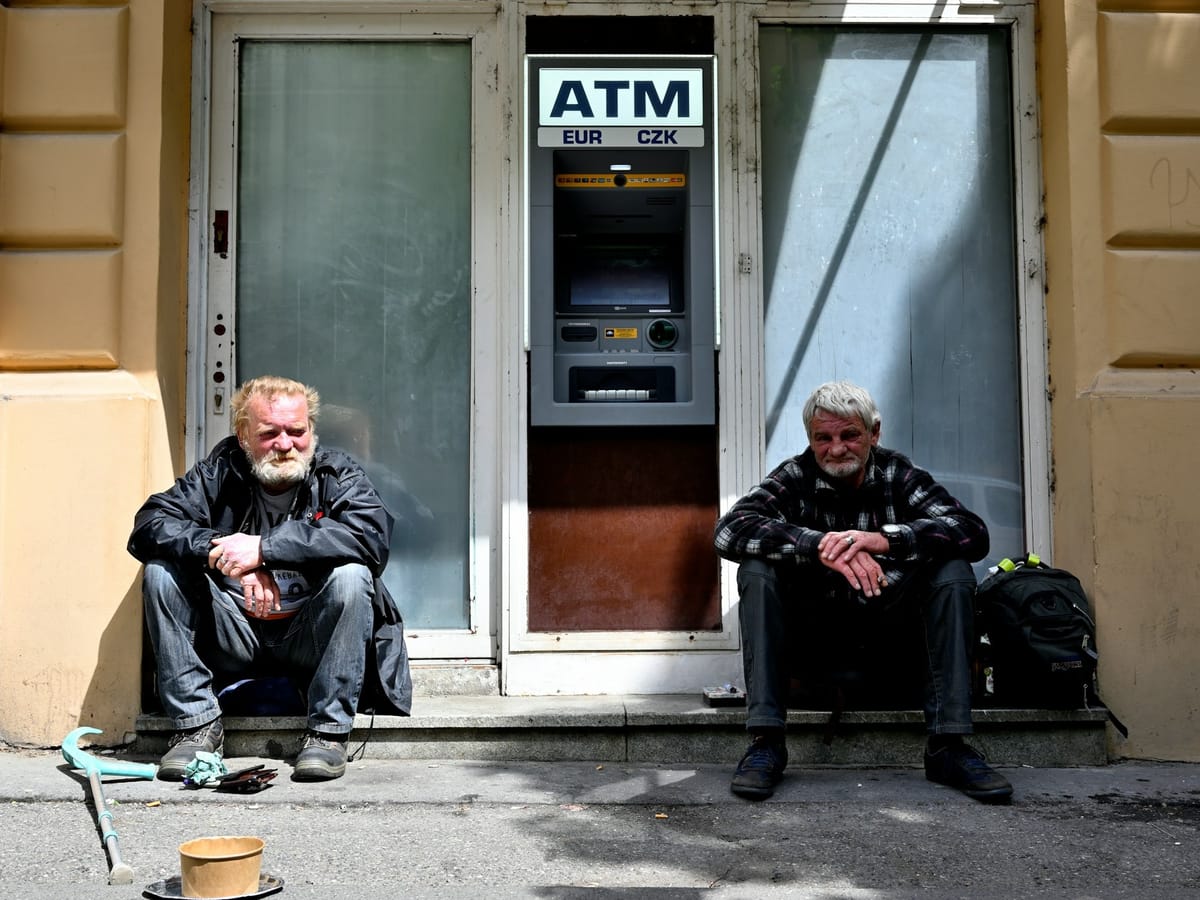Why Giving Cash Alone Doesn’t End Poverty
Cash alone won’t end poverty. Real change comes from skills, habits, and systems that make money actually work.

Money is fuel, not an engine. Drop it into a broken system, and it burns out. Pair it with capability, guardrails, and feedback, and it transforms lives.
Why Cash Alone Fails to Solve Poverty
Picture this: A well-meaning person sends money to their struggling family. The money disappears. They send more. Same story. Eventually, they realize that showing up, staying close, and building habits together is the only way real change happens.
That’s not a myth. It’s how money behaves when there’s no system around it.
Cash is a catalyst. It accelerates whatever system it enters, whether functional or broken. Without knowledge, habits, and a stable environment, money can quickly evaporate.
The Role of Skills, Habits, and Environment
Lasting change usually requires:
- Knowledge: what to do and why it matters.
- Habits: small, repeatable steps that stick.
- Environment: making the right choice easy and the wrong one harder.
- Feedback: regular check-ins to keep progress on track.
This is why cash transfers often fail on their own. They solve the symptom (short-term need) but not the system (long-term growth).
A Practical Playbook for Lasting Financial Change
If you’re helping:
- Stabilize: cover one urgent essential directly.
- Guardrails: tie money to purpose, automate essentials, and check in weekly.
- Capability: teach one micro-skill a week, like safe payments or loan literacy.
- Exit Plan: agree on a milestone where help tapers off, leaving independence.
If you’re receiving help:
- Automate one must-pay bill.
- Build a small buffer fund first, however tiny.
- Use a simple three-bucket map: Essentials, Growth, Everything Else.
- Add friction to impulse spending and share weekly numbers with a buddy.
When Direct Cash Still Works
There are exceptions. In emergencies—such as medical bills, eviction threats, or clearing predatory loans—cash itself is often the right tool. The difference lies in pairing. It has even one safeguard, such as direct payment or starting a micro-buffer.
The Balance
Poverty isn’t just a lack of money. It’s a lack of systems that makes money helpful. The fix is not endless handouts, but cash paired with capability.
Money multiplies what already exists. If the system is broken, it burns out. If the system is ready, cash becomes jet fuel.


